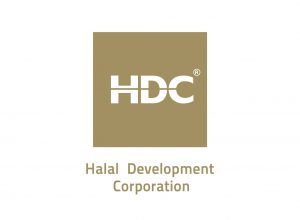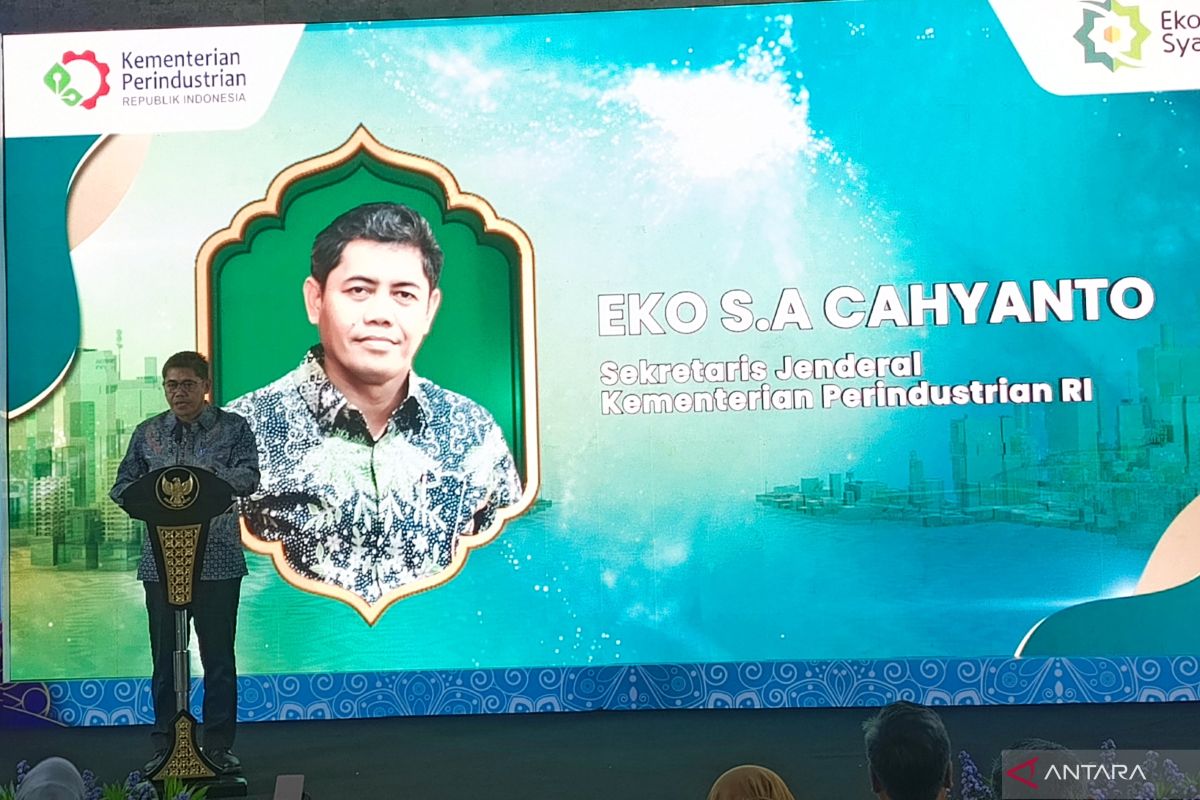GENERAL SANTOS CITY (MindaNews/07 June) — Government agencies have
unified to further strengthen the halal industry in Mindanao through
initiatives aimed at attracting more players even from the retail
sector.
Nelly Nita N. Dillera, Department of Trade and Industry-Central
Mindanao chief for business development, said the two-day Halal Retail
Merchandising Seminar on July 24 here and July 25 in Tacurong City.
“The
seminar aims to orient retailers on the significance (of halal)
merchandising and at the same time provide information on how their
stores can be considered halal (outlets),” she said.
The
seminar will also discuss how to be an accredited halal establishment,
the halal food production and product assurance system.
Dillera
said that business opportunities in the global halal industry – which
has an estimated global trade value of $200 to $350 billion annually –
will also be tackled.
In the domestic market, producers or retailers of halal products can tap the six to eight million Filipino Muslims, she added.
Across the globe, there are an estimated 1.5 to 1.8 billion Islamic practitioners scattered in over 100 countries.
Aside
from the Trade department, other government line agencies backing the
promotion of halal industry are the Departments of Science and
Technology, of Agriculture and of Tourism, the Office of Muslim Affairs
and Islamic religious scholars, Dillera said.
Last January, a
group of ulama crafted the Philippine National Standards on Halal in
Zamboanga City, where they also created the Philippine Halal
Accreditation Board. The standard was launched in March but is still
unclear if Malacanang has approved it.
Zenaida P. Laidan, DOST
Southwestern Mindanao director who recently spoke at the 3rd World
Halal Forum in Malaysia, repeatedly urged concerned government agencies
to work together to develop the country’s halal industry.
She
also called for a review of the ulama-led halal standards, citing the
apparent “lack of scientific and technical considerations in coming up
with such guidelines.”
Laidan, the only female Muslim scientist
in the Science and Technology department, stressed that religious and
scientific aspects must go hand-in-hand if the country is to develop a
credible halal industry.
She bared plans to build up a
P50-million halal science testing and research facility in Koronadal
City, the regional seat of government.
“Being a non-Islamic
country, it is highly necessary for Philippines to have a halal
standards and testing laboratory to boost the integrity of locally-made
halal products,” she said.
Laidan noted such measure “will put
credibility to the bid of the country’s halal manufacturers to carve a
niche in the global halal market.”
She said the DoST’s science
and technology-based halal development program primarily targets to
empower micro, small and medium enterprises as primary players in the
country’s halal industry.
“They shall be assisted in creating a
niche in the global halal market by making their products highly
compliant to both Shariah and science requirements to ensure
product-acceptability in the international market,” she said.
(MindaNews)



